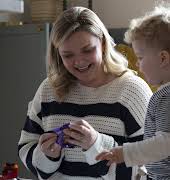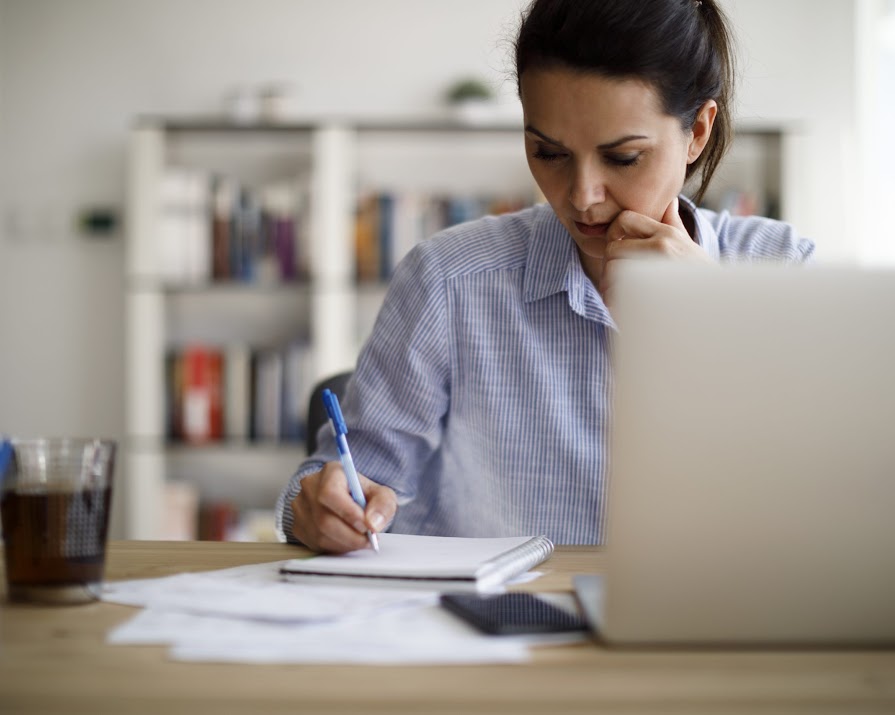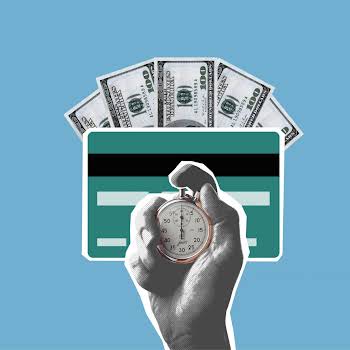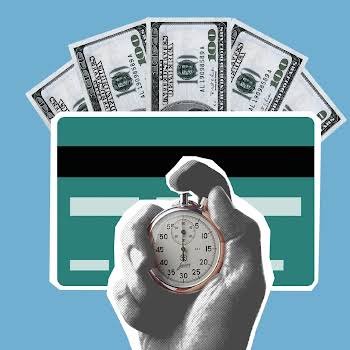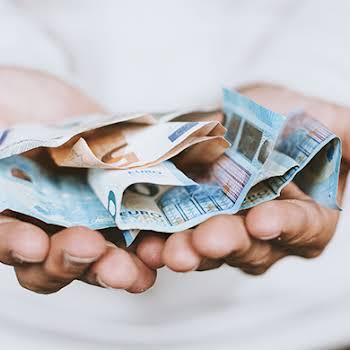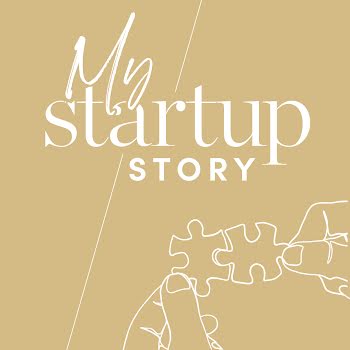
You probably owe a big a tax bill: Here’s why (and what you can do about it)
By Jennifer McShane
25th Jan 2021
25th Jan 2021
With news emerging this week that around 400,000 PAYE workers will face a tax bill in relation to Pandemic Unemployment Payment (PUP) and Temporary Wage Subsidy Scheme (TWSS) payments received during 2020, many people have found themselves owing a chunk of tax they hadn’t necessarily anticipated. Here’s what you need to know
Revenue confirmed that all PAYE workers will receive preliminary end-of-year statements this past week. These will reflect any tax overpayments or underpayments for 2020. Figures show that 660,000 employees who received a TWSS payment last year could be facing a tax shortfall.
Why might I suddenly have a tax bill?
TWSS payments are subject to income tax and USC, and crucially, of which were not taxed by Revenue in real-time through employers. As a result, Revenue will need to collect these outstanding tax payments from employees directly. For PUP recipients, payments are subject to income tax only. Though some have said, taxing the pandemic payment ‘could be unconstitutional’ it looks like payments will still be collected.
How much tax will you have to pay?
It will vary from person to person and their individual circumstances; the exact amount of income tax due will depend on your total income for the year, whether you’re married or single and how long you were on the PUP. What is known is that if your total earnings plus the Covid payment in 2020 are less than €16,500 and you’re a single person, you won’t be liable for any income tax.
After returning to work – if there is any income tax due, Revenue will not collect it in one lump sum. Those affected will have four years to pay the amount owing, starting in January 2022, according to Revenue. People who have yet to submit returns to Revenue claiming for health expenses, nursing home fees, college fees and additional voluntary pension contributions could yet erase any bill outstanding or even find themselves due a refund when they file a return.
How to pay your Covid tax bill
Workers will have the option to make the payment through the MyAccount section in Revenue’s online system, either in full or through instalments. They can also choose to pay by reducing their tax credits for up to four years. The reduction of tax credits will start in January 2022.
What if I’m self-employed?
Self-employed people in receipt of the PUP are able to earn €960 over eight weeks while also retaining their full entitlement to the payment. They won’t receive a specific tax bill now but will be required to enter the PUP as a taxable social welfare payment on their tax return for 2020 (due before October 2021). Revenue will include this in their income and assess the tax the total income for the year.








